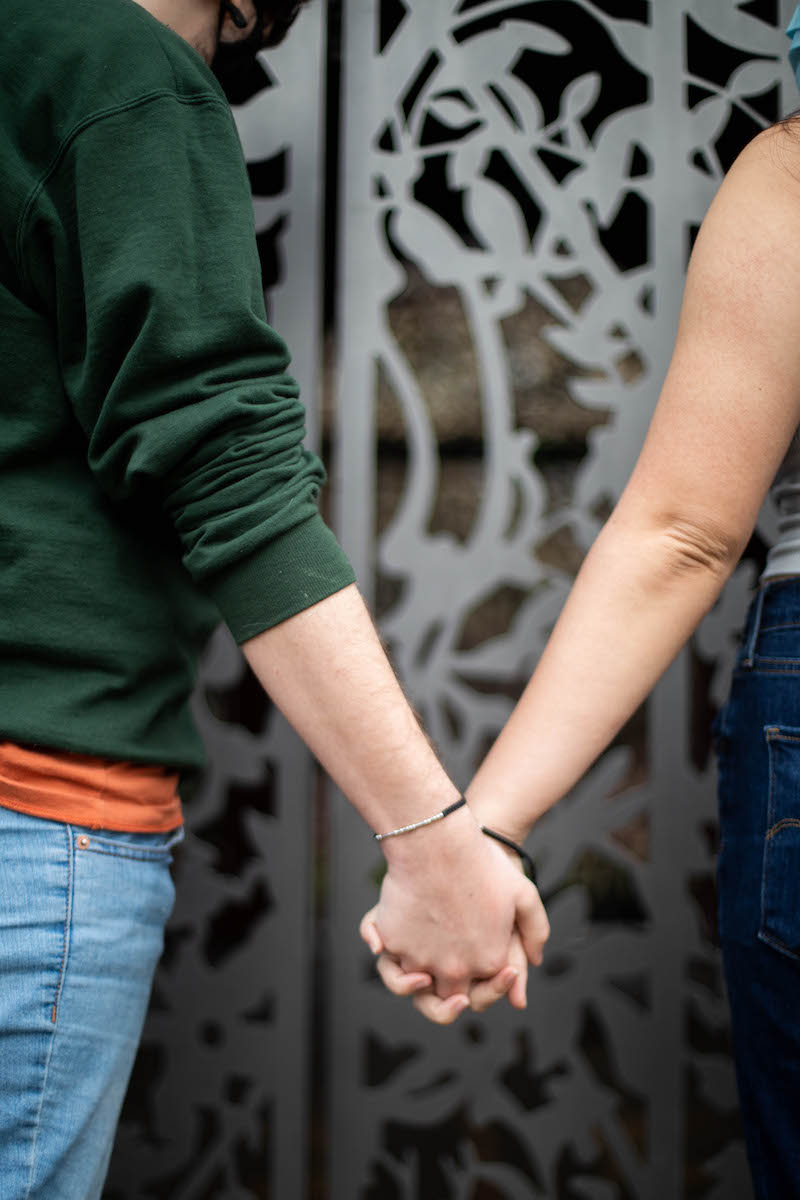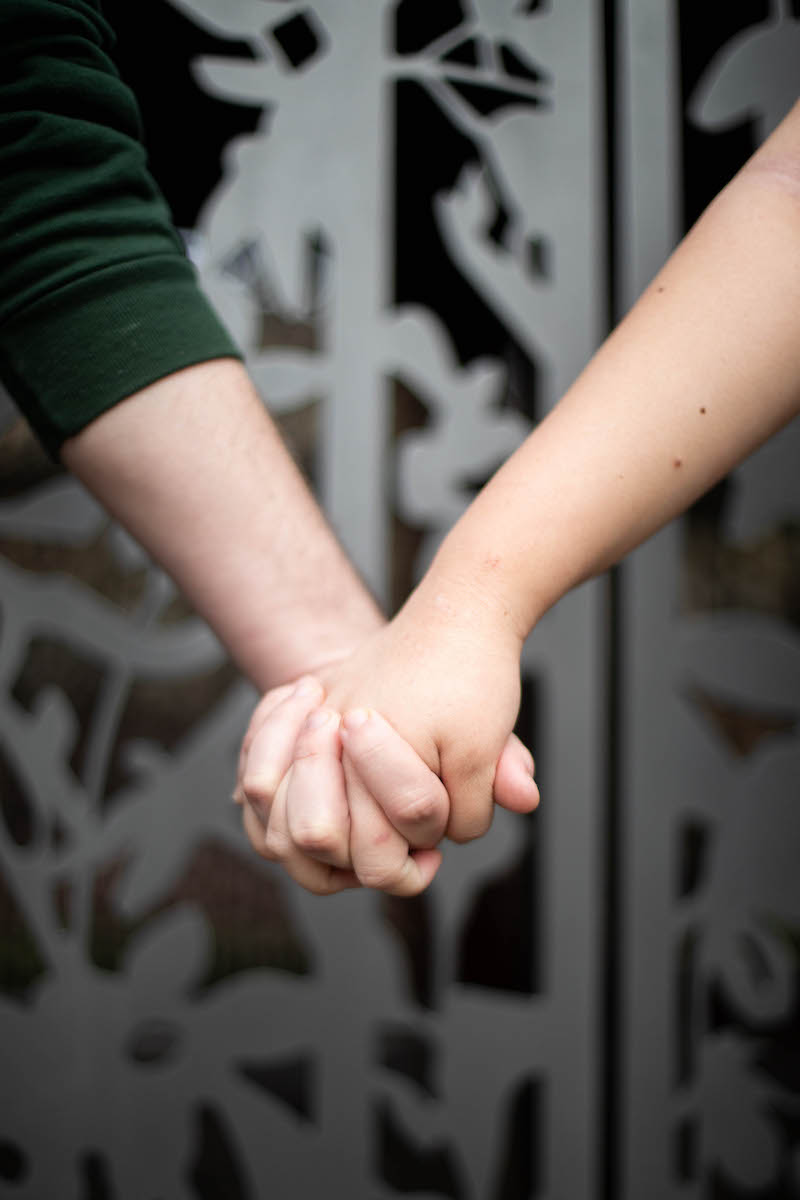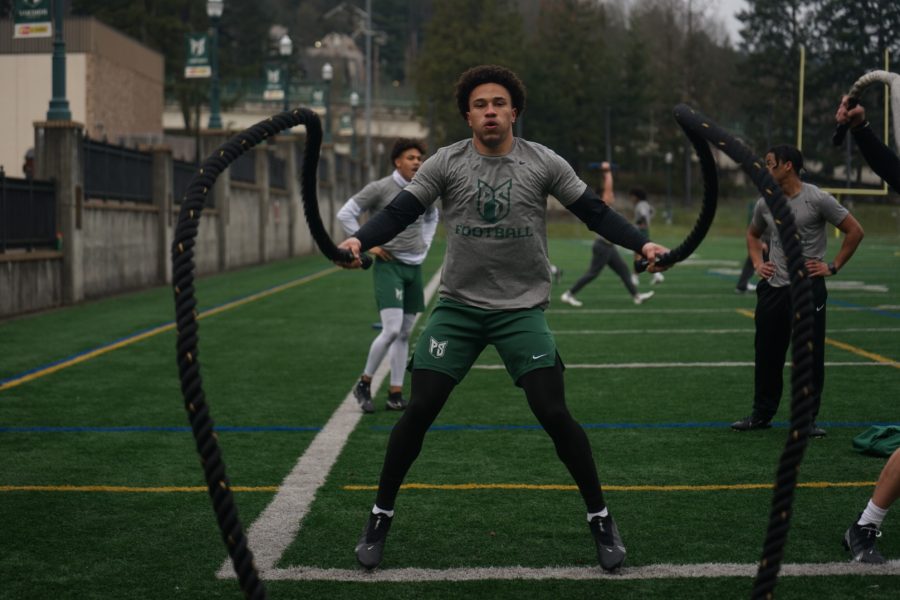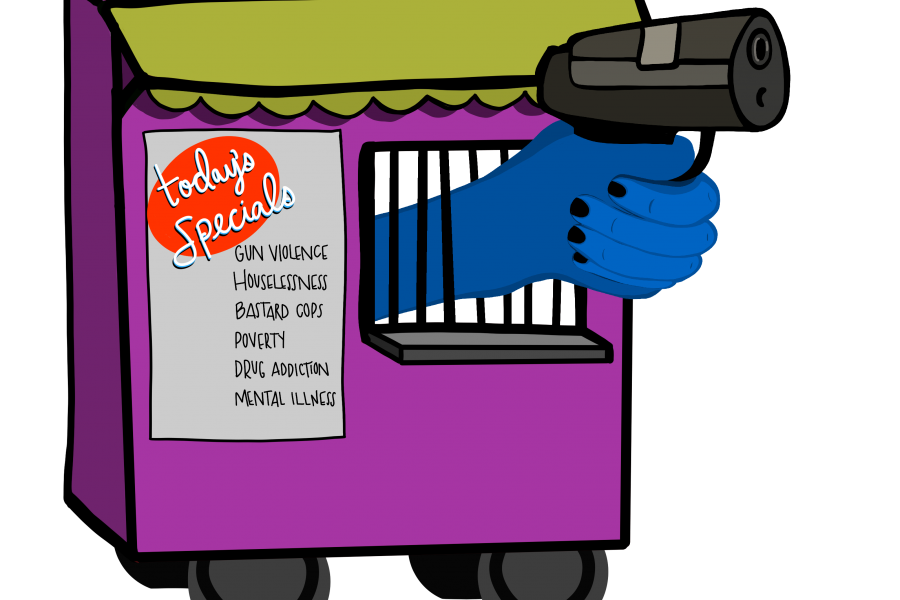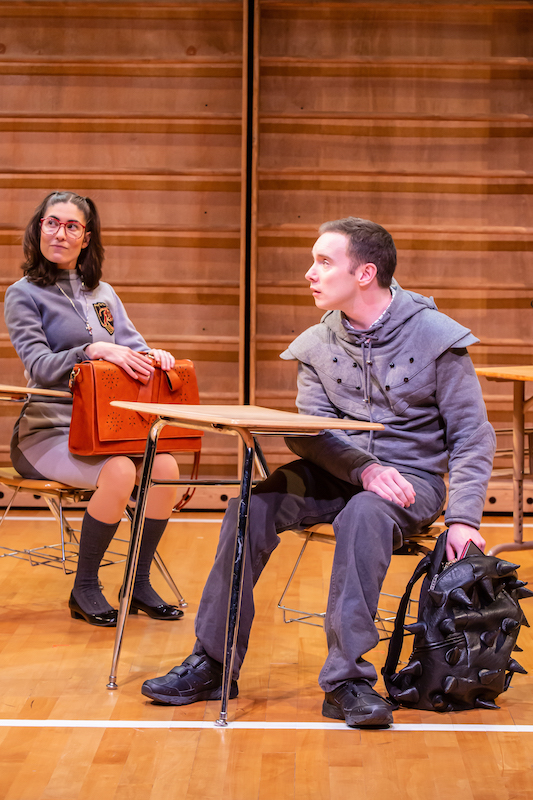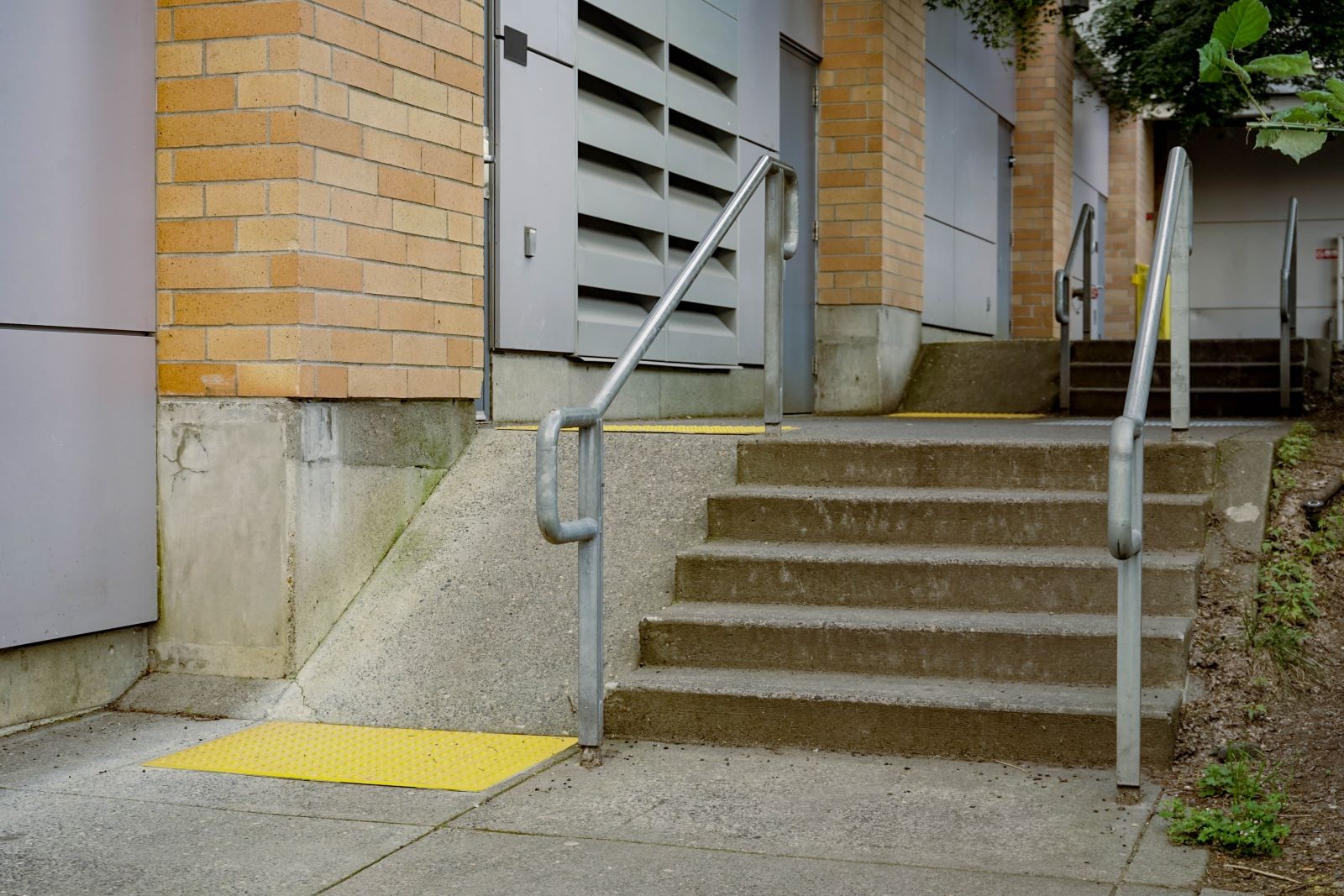“I don’t know where to start.”
“Why don’t you just tell the story of my wrist dislocating?”
That’s a story for later. To start, I want to say that there are many factors that go into making any relationship work. Communication is definitely one of those factors, but to be frank, I suck at it. I do believe, however, that I am better at it than I was about a year and a half ago when I met my current partner—we’ll refer to him as Cam for the sake of this article.
Cam and I met in Sept. 2019 at a welcome week event. He was with some people I met at another event the day before, and when I went to introduce myself, he signed something in American Sign Language (ASL). Taken aback, I froze. Although he asked me what my name was, my brain did not know what to do with the fact that he signed to me.
There were definitely misconceptions and biases I had to check going into this relationship. My lack of knowledge regarding gender, sexuality and ability—some of which I’ll talk about here—showed.
Cam identifies as disabled and transgender. He’s hard of hearing and has PTSD, dyslexia, Mast Cell Activation Syndrome (MCAS), Postural Orthostatic Tachycardia Syndrome (POTS) and recently received an official diagnosis for Ehlers-Danlos Syndrome (EDS), along with having a few more mental illness diagnoses. To keep up morale, sometimes we like to joke and say that he’s slowly working toward checking off every box of his disability bingo card.
Disability and relationships
Coming into this relationship, I never thought about the ways in which disability affects relationships.
“When we talk about disability, people don’t see disabled people as human,” Cam said. “They don’t see them as people capable of forming relationships.”
There are a lot of stereotypes—and both unconscious and conscious biases—that people from any marginalized group or identity face. People often associate disability with people not wanting relationships or not being capable of being in a relationship.
“Also, a lot of times if a person’s disabled, the other person doesn’t necessarily become a caretaker, but in a way becomes a caretaker,” Cam said. “It is not meant to be that way, but it just kind of happens.”
Here’s where the wrist story comes into play.
The night before I was set to move out and head home last summer, Cam and I were hanging out and his wrist dislocated. Dislocations are common for people with EDS, but it had never happened to this extent while we were together. Fast forward through the hours in the emergency room, less-than-phenomenal care and COVID-19 guest restrictions, I walked away formally in OHSU’s database as his caretaker—a label I never expected as a college student.
Gender is a funny thing
To be completely honest, from our first encounter, other than knowing about his fluency in ASL—and later, his hearing loss—I didn’t know too much about health concerns before we got together. My biggest concern, therefore, was possible misconceptions about gender.
“Gender is weird,” Cam said. “I get really dysphoric sometimes which I feel affects my relationships even though I don’t want it to.”
I’ve learned that, although I probably will never fully comprehend dysphoria, I need to be present and listen. I need to actively listen even in situations that I don’t truly understand or would typically get frustrated by.
As a cis person, I’m not going to sit here and complain about how hard it is to date a non-cis person. It’s not a burden, and isn’t actually much different than any other relationship. Listen to them and see what they need.
Making it work
“I think it’s important that people know that communication has to be stronger when you are dating someone with different identities,” Cam said. “That’s so that you can make sure you are not triggering or causing more harm. You need to make sure you know what is okay and what is not okay and how to make sure that if something were to happen, you kind of know the safety plan.”
Remember when I said my communication skills suck?
Just like any other relationship, consent and communication are key, so I am working on it. What people are okay with may change depending on the situation, so taking the time to check-in is incredibly important.
I’ve learned that the more you ask, the fewer awkward and potentially harmful situations you have to get into later. Sometimes it took us sitting in awkward silence for what felt like forever in order for me to get the words out to ask questions; however, taking that time was the best thing I could have done.

